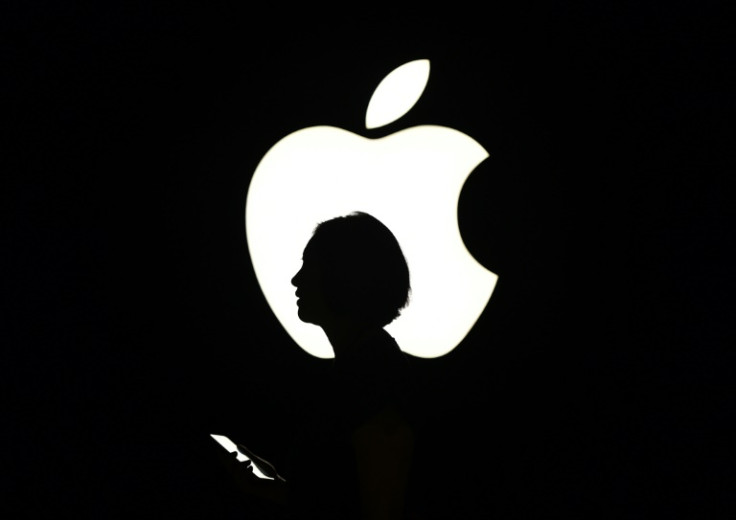Judge Junks Lawsuit Against Apple Alleging Crypto Tech Restrictions On Cash App, Venmo

KEY POINTS
- Judge Chhabria said there were 'several fatal problems' with the lawsuit
- He said it was 'difficult' to see the case being salvaged even with an amended filing
- Apple is faced with multiple antitrust complaints, including a recent sweeping DOJ lawsuit
Apple has won a consumer lawsuit that accused the big tech giant of antitrust violations by preventing payment apps Venmo and Cash App from facilitating cryptocurrency transactions.
U.S. District Judge Vince Chhabria said in a Tuesday ruling that the proposed class action lawsuit suffered "from several fatal problems" and the plaintiffs "have not adequately alleged antitrust standing (and probably not even Article III standing) given the speculative nature of the connection between the alleged anticompetitive conduct and the plaintiffs' injury."
Chhabria went on to note that there were other "defects" in the complaint, not just the abovementioned "speculative nature" of the case. "Apple's motion to dismiss has put them [plaintiffs] on notice of many more potential problems. Indeed, it is difficult to see how amendment could salvage this case," he argued. He then gave the plaintiffs 21 days to amend their complaint. Without an amended filing by the deadline, "dismissal will be with prejudice."
Four consumers filed the lawsuit in November, alleging that Apple's App Store agreements with Cash App and Venmo violated U.S. antitrust laws as the agreements limit "feature competition" in peer-to-peer applications and prohibit payment platforms from using "decentralized cryptocurrency technology." The four consumers alleged that Apple was making it difficult for payment players to introduce innovations such as crypto transactions.
The lawsuit's tossing came as Apple trudges an uphill path in its legal woes outside the cryptocurrency realm.
Just last week, the U.S. Department of Justice (DOJ) filed a lawsuit against the iPhone maker "for monopolization or attempted monopolization of smartphone markets." The DOJ said Apple "illegally maintains a monopoly over smartphones by selectively imposing contractual restrictions on, and withholding critical access points from, developers," as per a press release.
Antitrust allegations against Apple have been the talk of the tech industry for years. However, the DOJ's latest move is the biggest action so far taken in the U.S. against one of the world's biggest tech companies. A total of 17 U.S. states joined the DOJ lawsuit.
As with the consumer lawsuit that accused the App Store of restricting competition, the DOJ lawsuit notes that the store's rules were designed to force Apple users into sticking with the Apple ecosystem. "If left unchallenged, Apple will only continue to strengthen its smartphone monopoly," Attorney General Merrick Garland said.
Outside the United States, Apple is also under scrutiny in the European Union, being a "gatekeeper" entity. The bloc's competition chief, Margrethe Vestager, noted that Apple and other big tech giants should change their "behavior" in terms of competition.
© Copyright IBTimes 2025. All rights reserved.





















